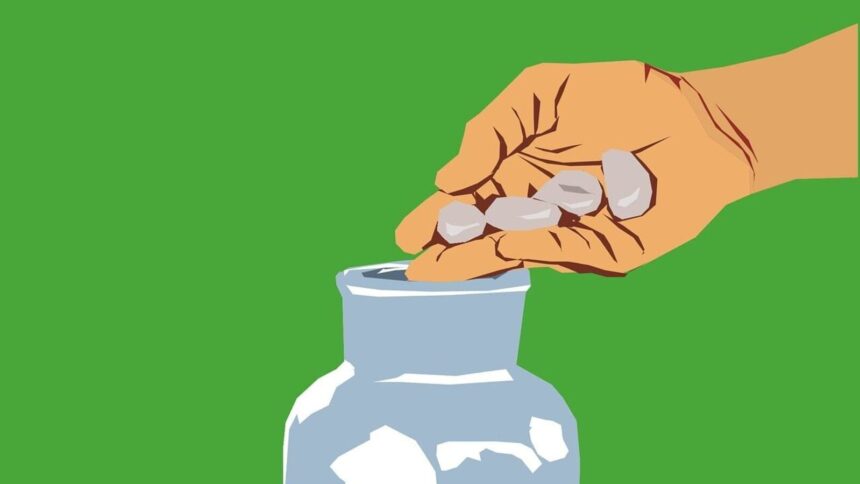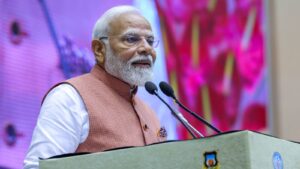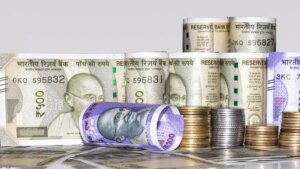The survey conducted with over 10,000 respondents revealed that a majority of them viewed free goods and services as unnecessary, politically motivated, and potentially harmful to the country’s finances. This negative sentiment was more pronounced in the northern and central regions, among older individuals, those in Tier-I cities, and those with higher incomes.
Interestingly, despite the general disapproval of freebies, supporters of the Bharatiya Janata Party (BJP) were more critical of them compared to supporters of other parties like the Congress and the Aam Aadmi Party (AAP). The debate over the fiscal responsibility of such policies was reignited by Prime Minister Narendra Modi in 2022, leading to increased scrutiny of subsidy programs.
The survey also highlighted a class divide regarding opinions on freebies, with the wealthy being less critical of them compared to lower-income groups. However, there was a general consensus among respondents that essential services like education, healthcare, and agricultural products should be either free or subsidized.
Despite the overall negative perception of freebies, there is still a strong desire among respondents, particularly those with higher incomes, for certain goods and services to be provided for free or at subsidized rates. This nuanced perspective on welfare policies could influence the ongoing debate on the topic in upcoming state elections.










